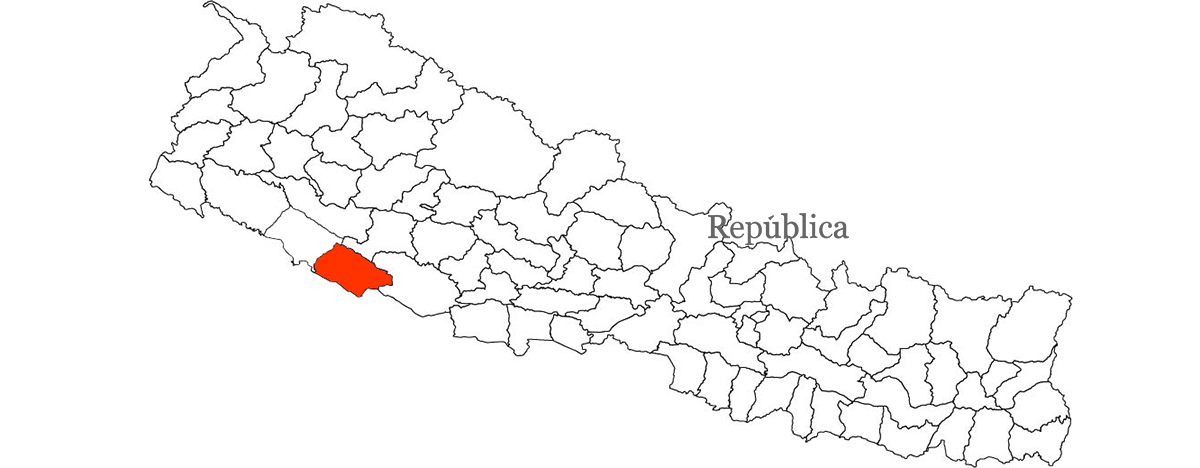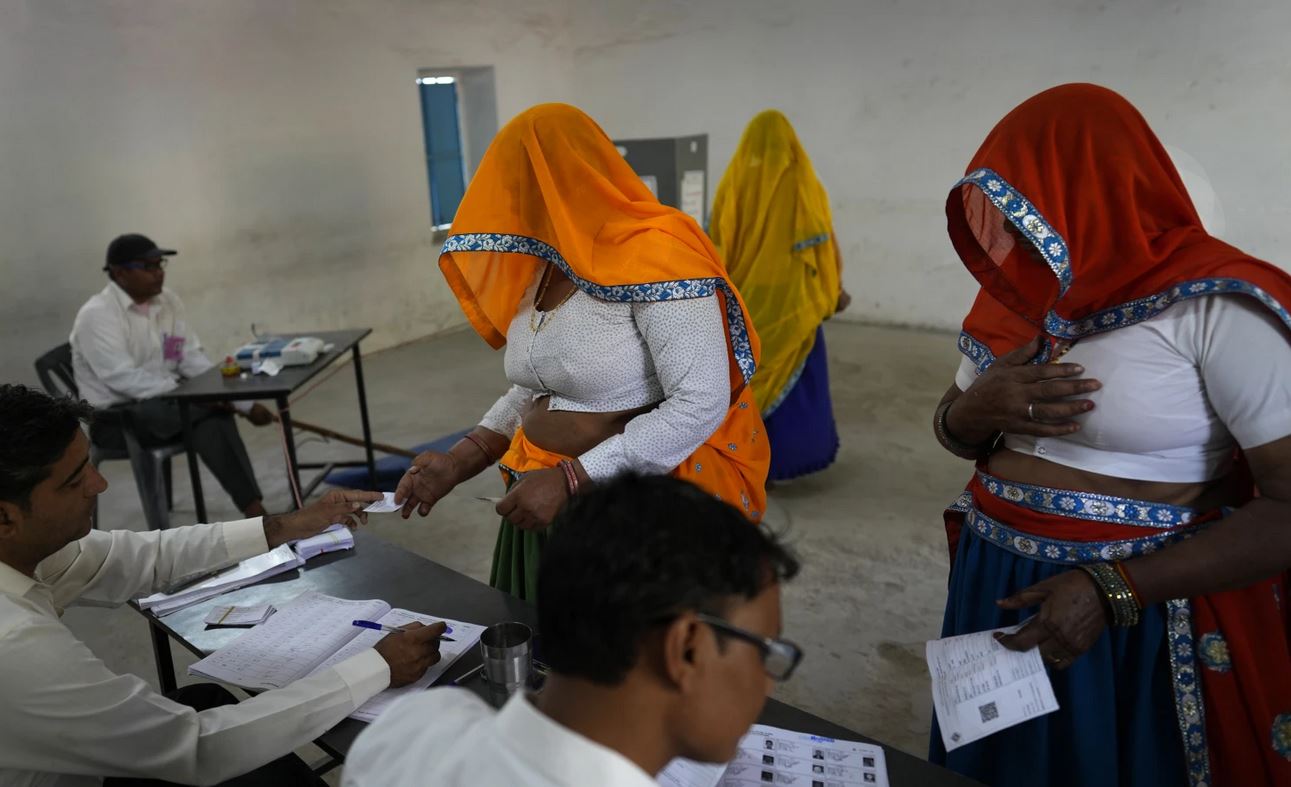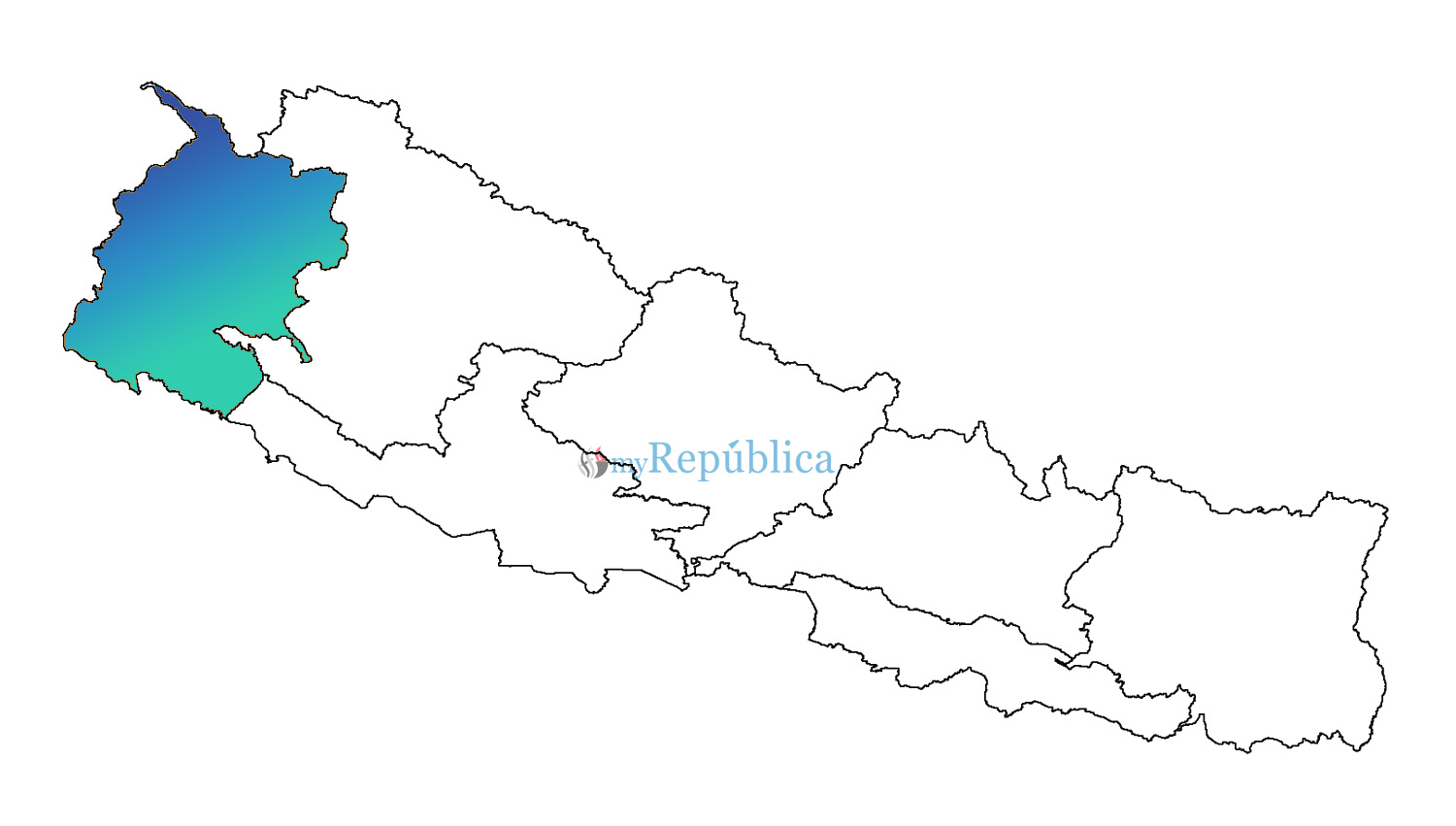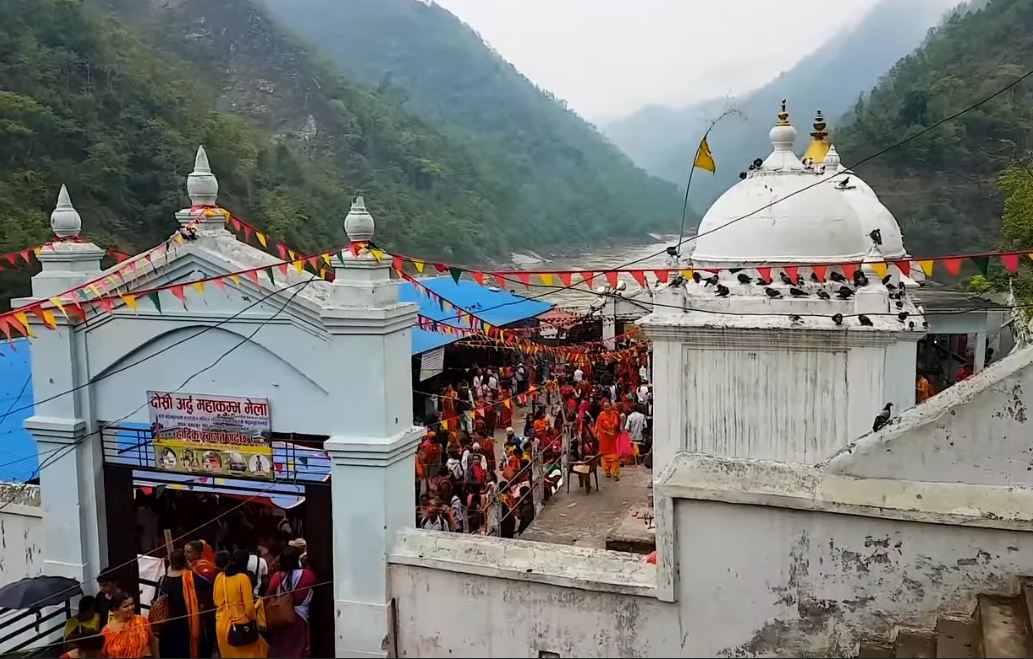
OR
EC vacancies
How can we believe that the government is committed to the three sets of elections planned for the next 12 months, something Prime Minister Pushpa Kamal Dahal never tires of promising, when it has failed to clear the first big hurdle to timely elections: appointment of election commissioners? The Election Commission currently has just two commissioners, including the Chief Election Commissioner, while the three other commissioner posts have been vacant for over a year. The reason for the vacuum is the failure of the political parties to come up with consensus candidates, as each party wants to appoint those close to it. Currently, the three main constituent parties in government—Nepali Congress, CPN (Maoist Center) and Rastriya Prajatantra Party—are each claiming that they deserve at least one commissioner under their ‘quota’. But if the commissioners are to be divided among these parties, the main opposition, CPN-UML, will be unhappy.
UML is of the view that all three vacant commission positions fall under its quota, since those who have retired were also close to it. Then there is the Madheshi Morcha, which would also like to see at least one of its own in the commission. These contestations have effectively hamstrung this vital institution.
Again, it makes a mockery of the claim of our main parties, both those in and those outside the government, that they are committed to timely elections. With the constitutional deadline for the three sets of elections fast approaching, the
Election Commission has a lot on its plate and it would be nigh impossible for the two
existing commissioners complete the hectic legwork that will be needed to prepare for these polls. But should officials to vital constitutional bodies like the CIAA and the Election Commission at all be appointed on the basis of their political
affiliations? Doesn’t that undercut their very purpose? How can the CIAA freely investigate the wrongdoing of political leaders when its commissioners are beholden to the same leaders? And how can the Election Commission carry out its duties as a neutral arbiter of elections when its commissioners are also appointed on the strength of their political connections rather than on the basis of their competence?
This is not to suggest that all political nominees are rotten eggs. For instance previous Chief Election Commissioners like Bhojraj Pokharel (who oversaw the first CA polls) and Neel Kantha Uprethy (who oversaw the second) were also appointed on the basis of political bargaining. Both of them were able to leave behind sterling legacies. What we fear is that in the name of political quotas such positions could go to even incompetent folks. The other risk is that when the political parties can’t see eye to eye, there can be prolonged vacuum in these crucial bodies, as is the case right now at the Election Commission, with all its attendant risks to the national polity. This suggests our political
parties are not mindful of the country’s larger interests. We don’t expect our political leaders to be saints. But if they can’t do anything to clean it up, they also have no right to deliberately corrupt the system.
You May Like This

After long wait
Melamchi breakthrough ... Read More...

Eager wait for election in province 7
DOTI, May 19: When the government announced plans to hold local level elections, people in province number seven (far western region)... Read More...

The endless wait
Over the years we have been part of the system where big initiatives are announced with uncanny regularity ... Read More...







Just In
- Construction of embankments along seven streams begins in Kailali
- 265 cottage and small industries shut down in Banke
- NEPSE lost 53.16 points, while investors lost Rs 85 billion from shares trading last week
- Rainbow tourism int'l conference kicks off
- Over 200,000 devotees throng Maha Kumbha Mela at Barahakshetra
- Indians vote in the first phase of the world’s largest election as Modi seeks a third term
- Kushal Dixit selected for London Marathon
- Nepal faces Hong Kong today for ACC Emerging Teams Asia Cup





_20220508065243.jpg)






Leave A Comment